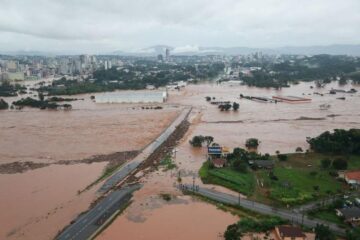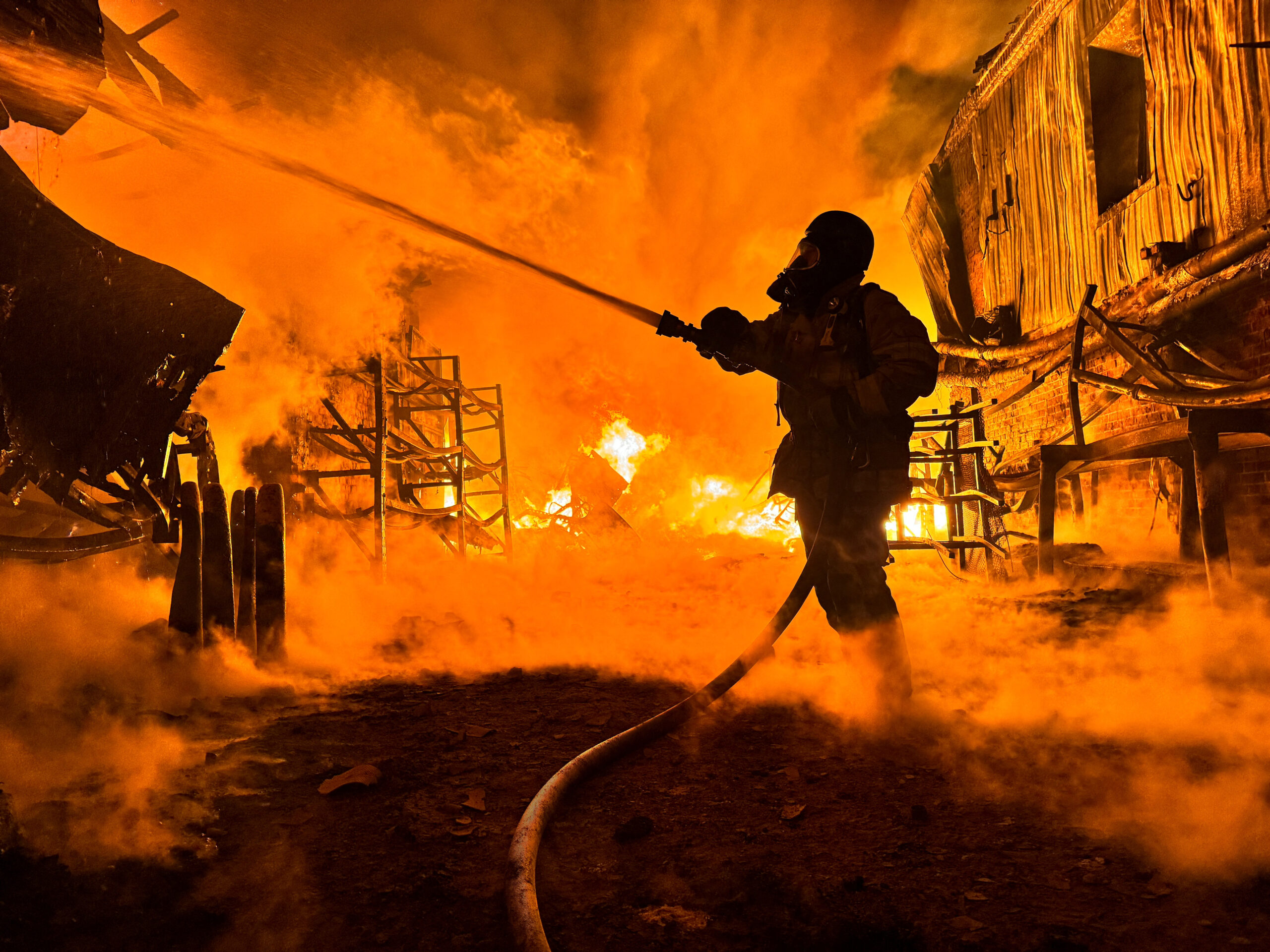Obama says Senkaku Islands fall under US-Japan treaty
The disputed Senkaku Islands fall under the scope of the Japan-United States security alliance, President Barack Obama told a news conference Thursday in a move that likely will provoke another sharp critique from Beijing.
In comments made on Thursday in Japan, Barack Obama said that the islands – known as Senkaku in Japan and Diaoyu in China – were historically administered by Tokyo and came under the terms of joint-defence alliance.
He said US commitment to the treaty was "absolute". "This is not a new position. This is a consistent one," he said. "Article five covers all territories under Japan\’s administration including Senkaku islands."
However, he said: "We stand together in calling for disputes in the region, including maritime issues, to be resolved peacefully through dialogue."
He said the US commitment to defend Japan was a matter of historical fact rather than a rebuke to China: "The treaty preceded my birth, so obviously this isn\’t the red line that I\’m drawing."
China later on Thursday said that the islands were its property.
During the same news conference, Shinzo Abe, Japan\’s prime minister, said that he and Obama had agreed to broaden their nation’s co-operation on defence issues, adding that Obama welcomed Tokyo\’s review its pacifist constitution.
Changing the constitution, which was agreed after defeat in the second world war, could leave Japan free to increase military spending, fight overseas, and conduct joint operations with its allies.
Responding to the remarks, Chinese foreign ministry spokesman Qin Gang said nothing will change "the basic reality that the Diaoyu Islands are China\’s inherent territory." He said Beijing remains determined to protect its "sovereignty and maritime rights."
Japan is the first stop on Obama\’s eight-day tour of Asia, which also includes visits in South Korea, Malaysia, and the Philippines.
In their joint press conference, Obama and Abe reported progress on negotiations on the long-delayed Trans-Pacific Partnership free trade agreement.
As anticipated, no breakthrough in the talks was announced. Abe, though, attempted to put a positive spin on the tense negotiations.
In Tokyo, Obama said North Korea represents "the most dangerous, destabilizing situation in all of the Asia-Pacific region." He said Japan, South Korea and the United States should work together to pressure Pyongyang, noting that China\’s participation is crucial.
South Korea\’s military has warned that the North could be preparing to conduct its fourth nuclear test during Obama\’s visit to Seoul.
From Seoul, Obama will head to Malaysia, where he will hold talks and attend a state dinner with Prime Minister Najib Razak. He will be the first sitting U.S. president to visit Malaysia since Lyndon Johnson traveled there in 1966.
Obama\’s last stop will be the Philippines, which is also involved in a territorial standoff with China and has deepened its military cooperation with Washington as a result.
This is Obama\’s fifth visit to Asia since taking office in 2009. He has promised to make the Pacific region a greater economic, diplomatic, and military priority for the United States.
Source: Agencies
[do_widget_area inner_adsbar]









